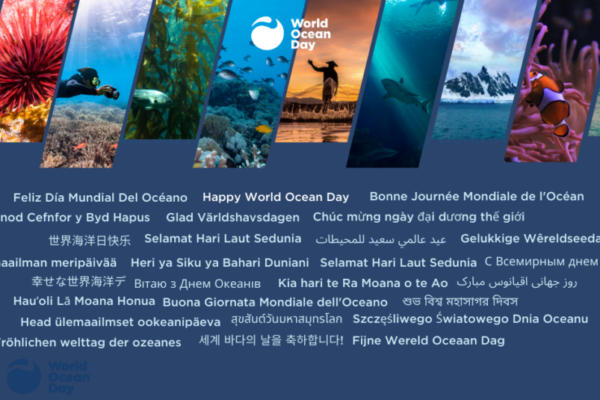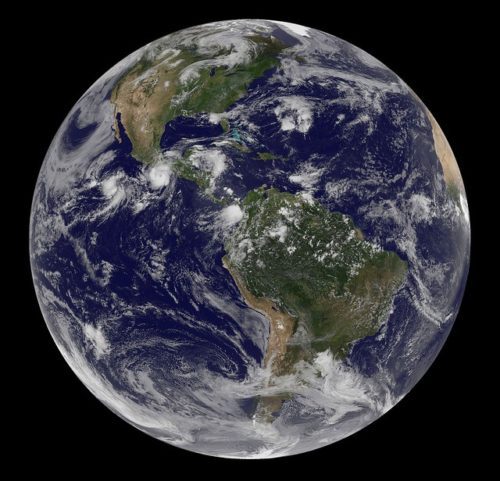
Our world ocean suffers from a lack of international leadership, we in the United States still need a comprehensive national ocean policy, and according to our latest research and that of others, our society clearly lacks any sort of collective conservation consciousness.Aggressive and strong conservation-minded policies are direly needed, and zoos, aquariums, museums (ZAMs), and our other Partners can help. President Obama’s appointments of key leaders in his Administration who understand the gravity of climate change, including scientists like Dr. Jane Lubchenco who heads NOAA, the nation’s main agency focused on the ocean, is a very welcome change of pace.Another promising development occurred when President Obama declared June as “National Oceans Month.” He put some teeth into the proclamation by establishing an interagency Ocean Policy Task Force, which will be comprised of senior level officials who will draft several recommendations, as well as develop a much needed “comprehensive, integrated, ecosystem-based” framework for sustainably regarding US oceans, coasts and the Great Lakes. This will help achieve the vision of the two national ocean commissions that released their reports approximately five years ago.
Yet another positive development on the policy front includes the release – with much input from scientists essentially gagged during the Bush administration – of the most authoritative federal study yet on climate change, “Global Climate Change Impacts in the United States.” This report documents how warming waters are killing coral reefs, increased acidity is dissolving the basic building blocks of life in the ocean, and sea level rise combined with intense storms is beginning to batter sensitive coastal ecosystems that are nurseries or homes to most species of fish, as well as most humans.
While our recent national market research found that Americans continue to have low levels of ocean literacy and revealed little indication of public knowledge of policy-based solutions to ocean threats, when asked, Americans say they support protecting the health of the ocean and the environment. ZAMs can tap into Americans’ ‘can do’ attitude by providing them with a variety of solutions, from personal action to policy advocacy, to the pressing issues of climate change and ocean conservation. ZAMs can also lead by example, and play a significant role by targeting communications to key audiences who are most likely to take or influence action.
One example is to increase individual and collective lobbying and advocacy efforts by ZAMs with policymakers. For instance, ZAM board members are influential leaders in your community; they want to help in various ways and, if engaged, can help reach congressional and other policy leaders effectively.
ZAMs can also connect with youth to help in many ways including online mobilization for action. The research confirms, too, that youth also exert significant influence on their parents who believe their tween and teen children are better informed. The influence on parents may not be anything too new but the research does seems to show that parents are willing to follow their childrens’ advice on matters concerning the environment and conservation.



